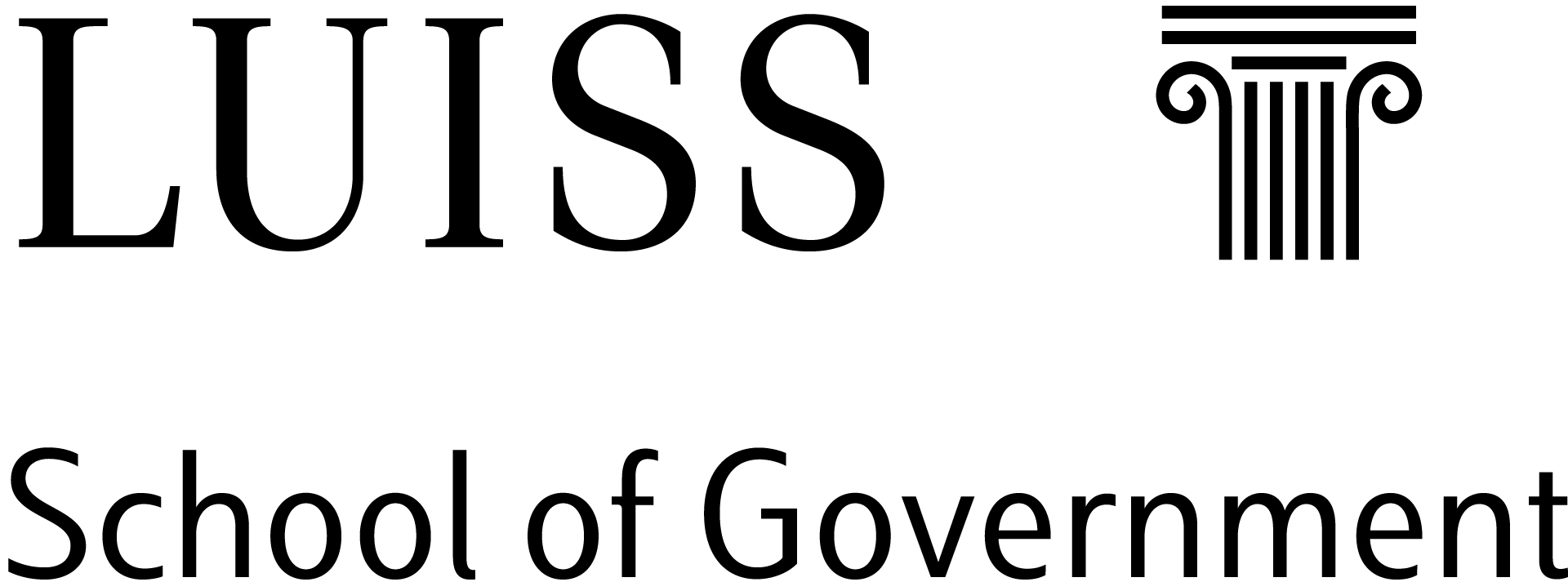Entry Requirements & How to Apply
For students who have completed their undergraduate studies. Good knowledge of English required.
Tuition fees: 11,000 € (10% Early Bird discount for applications before 15 March 2024)
Application deadline: 15 March 2024
Overview of the Academic Year 
The Joint Master in European Cultural Governance is a one-year programme that takes place in three different cities:
October to January: Rome (Italy)

The programme starts in Rome, on the campus of Luiss School of Government. Courses will give an introduction to Governance of Cultural Policies, focusing on EU policies and cultural management, specifically in the Mediterranean region.
February to April: Berlin (Germany)
The programme continues in Berlin, in the CIFE premises. Teaching will concentrate on Central and Eastern European Culture and Sustainable Development. Students will gain insights into the role of culture in local and regional developments, learning how cultural institutions and artists contribute to the ecological transition.